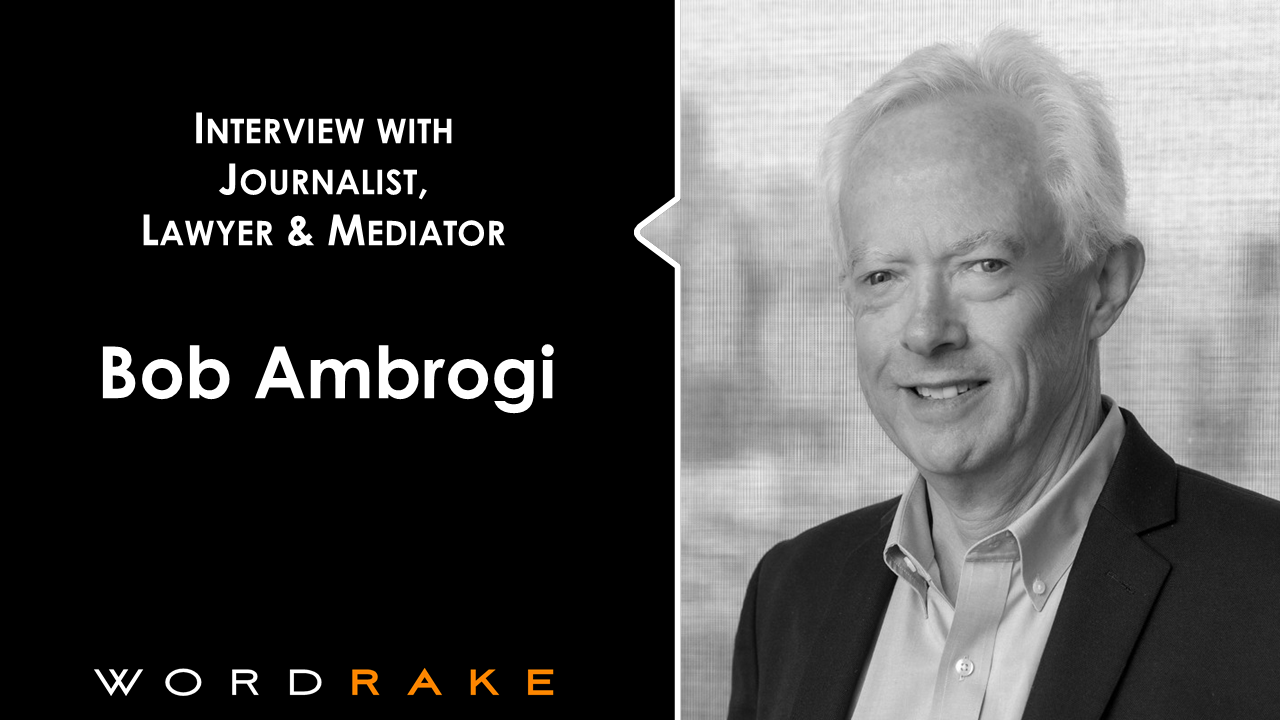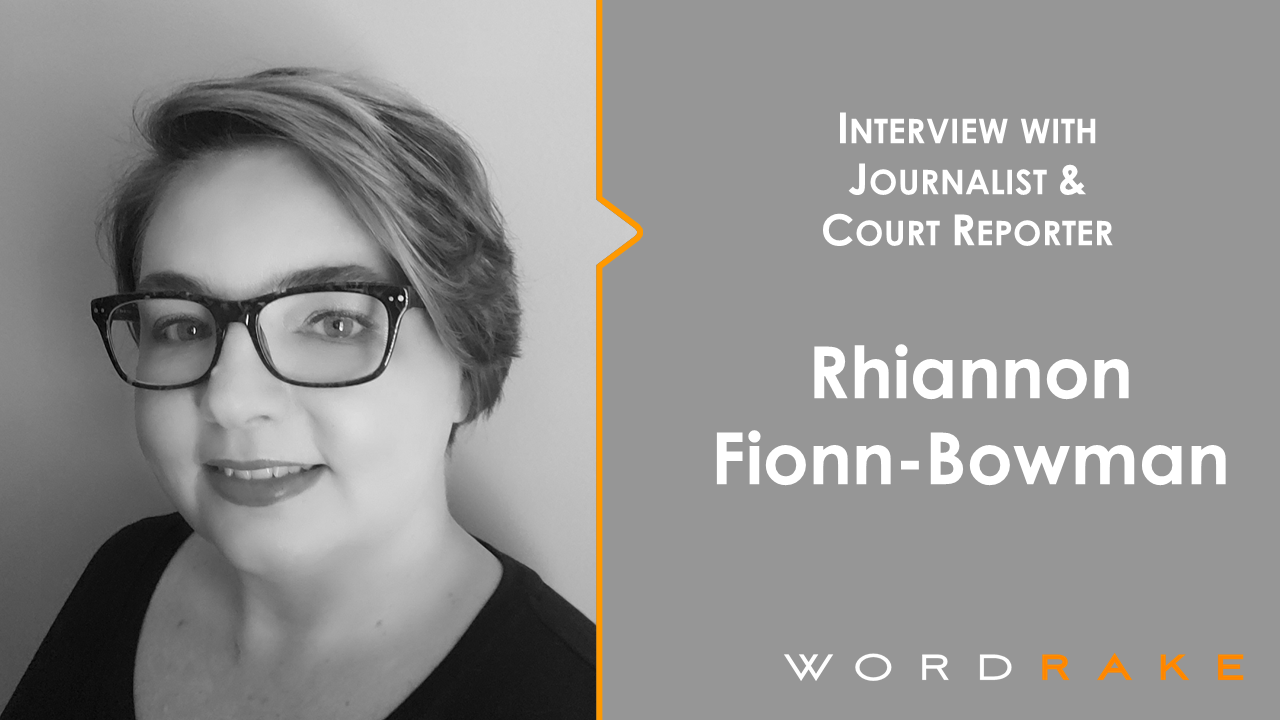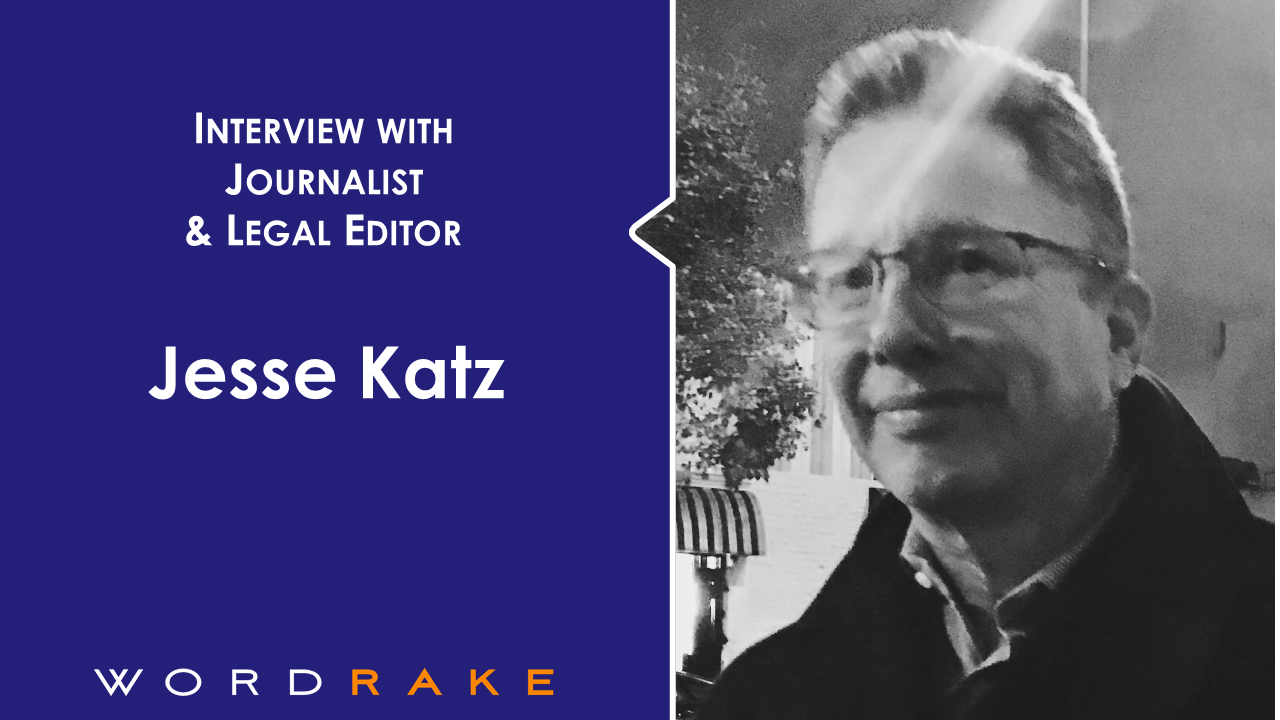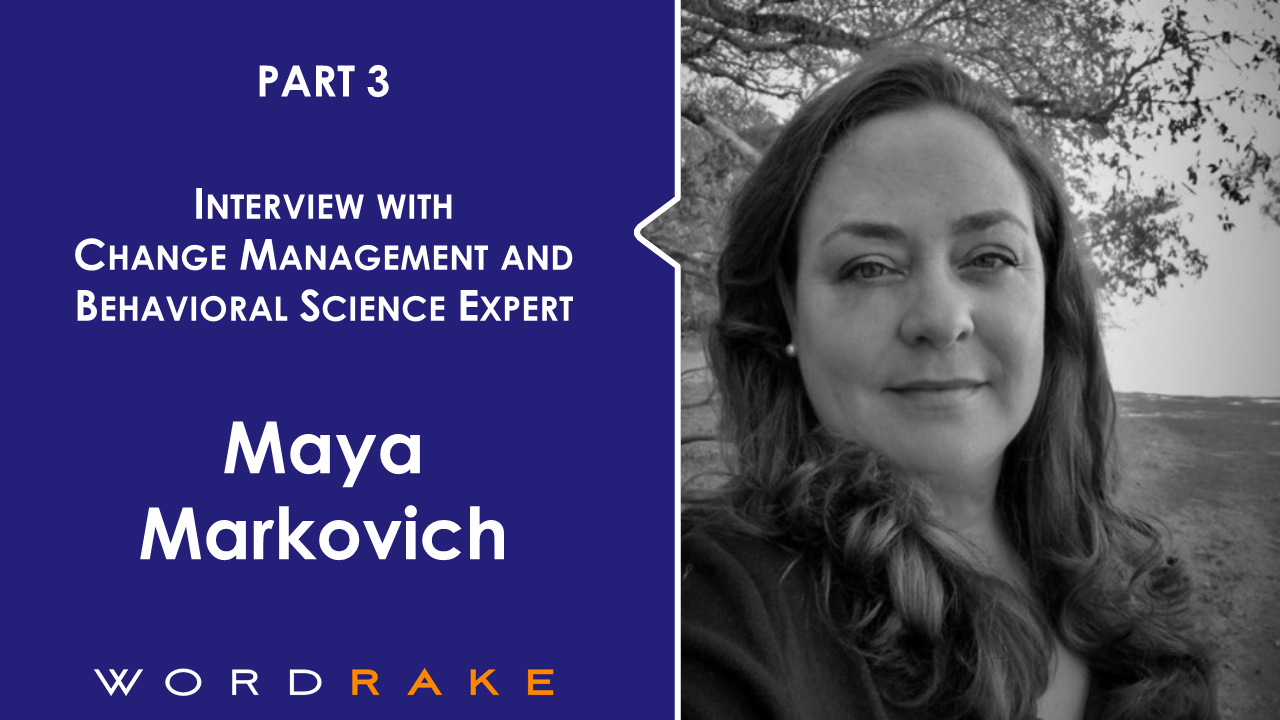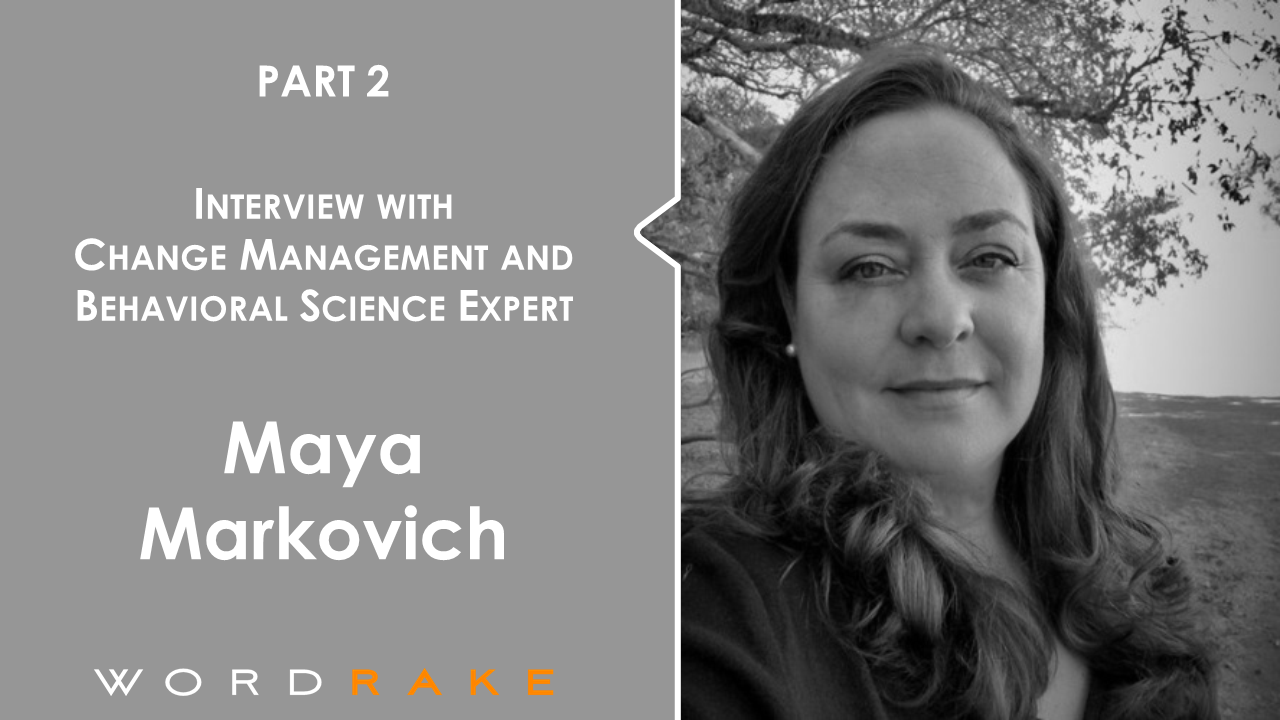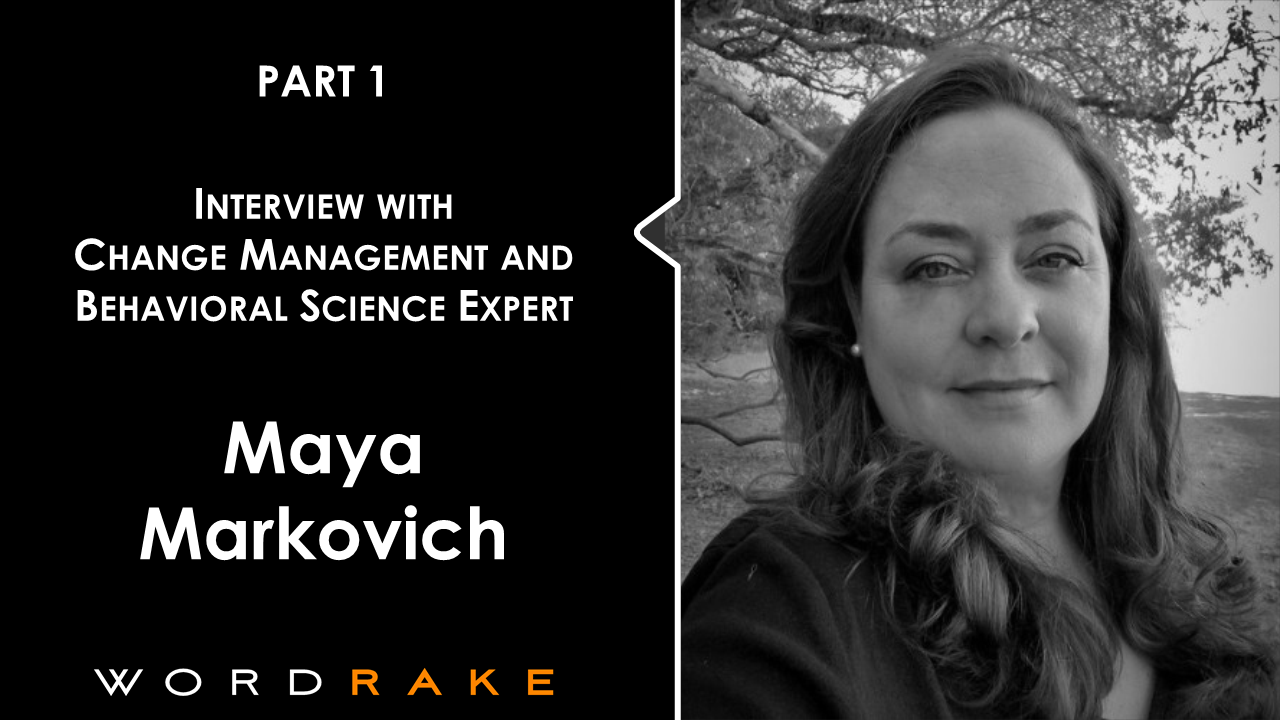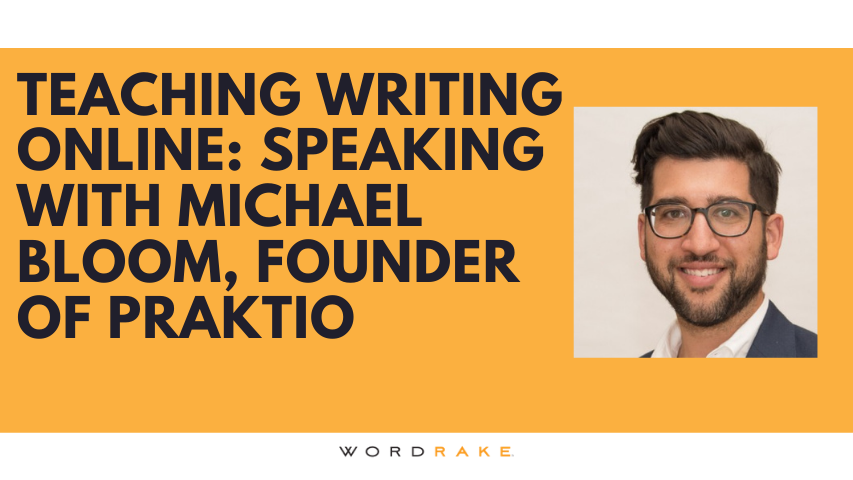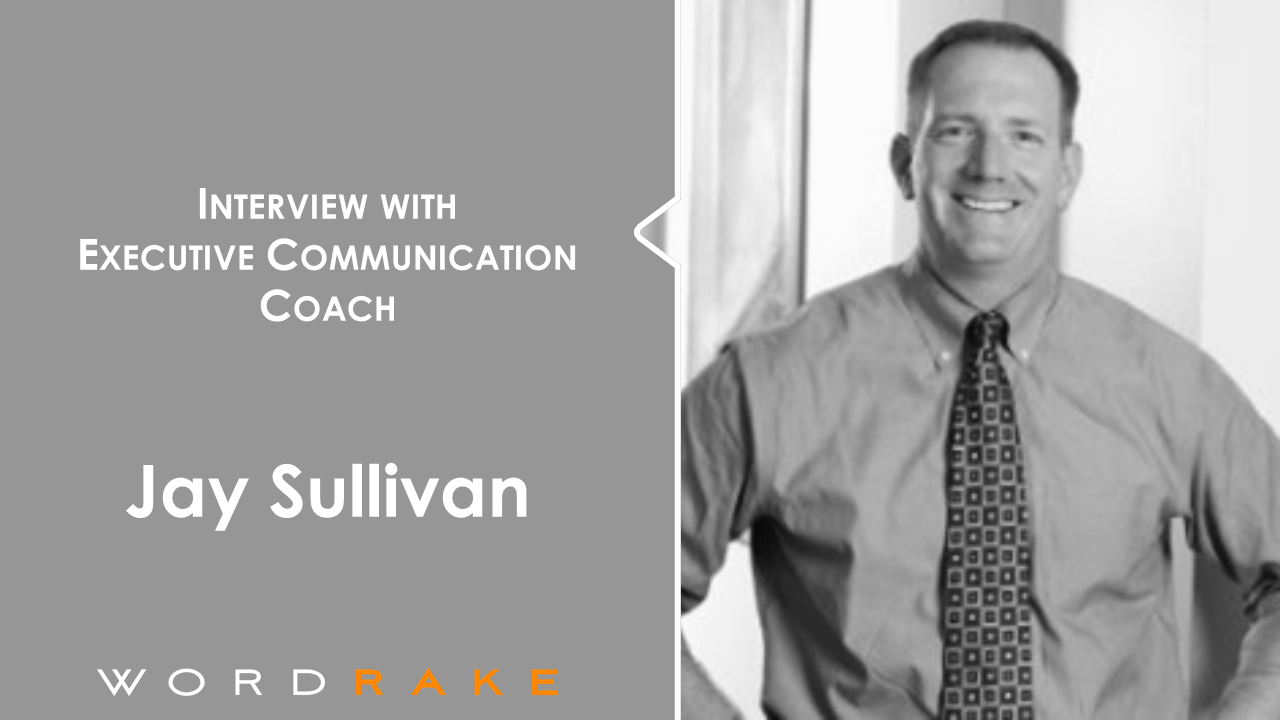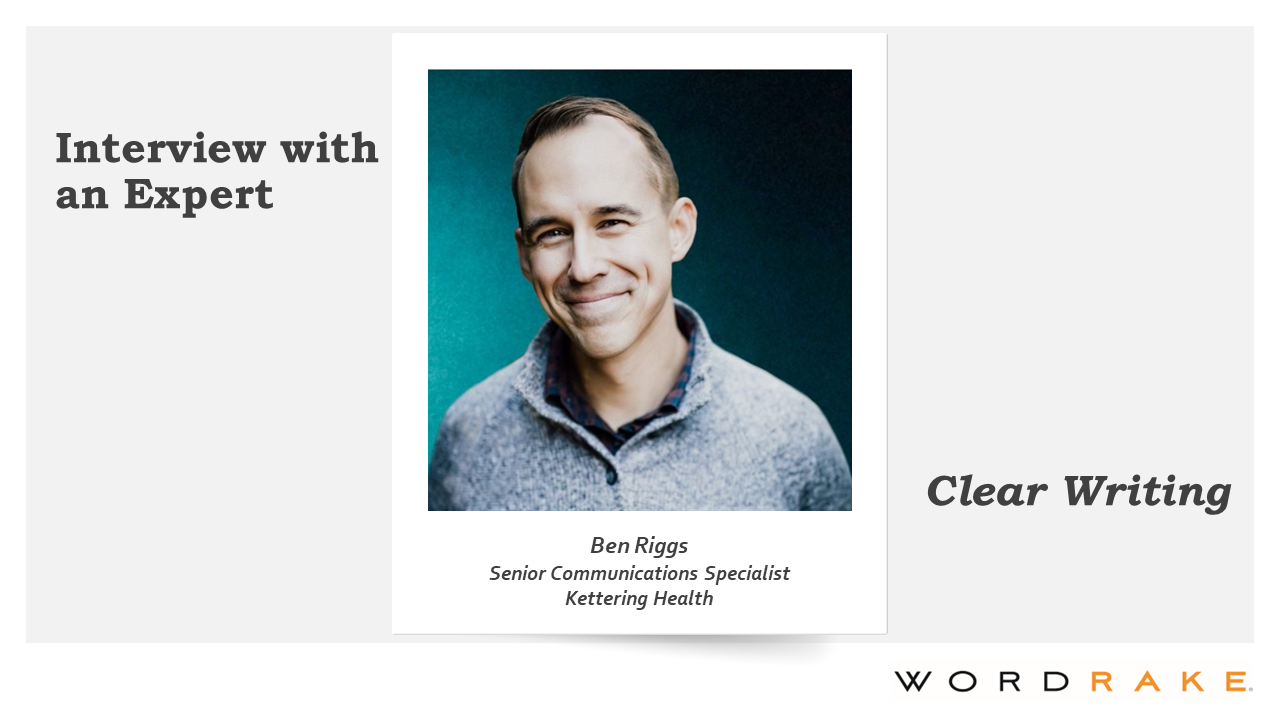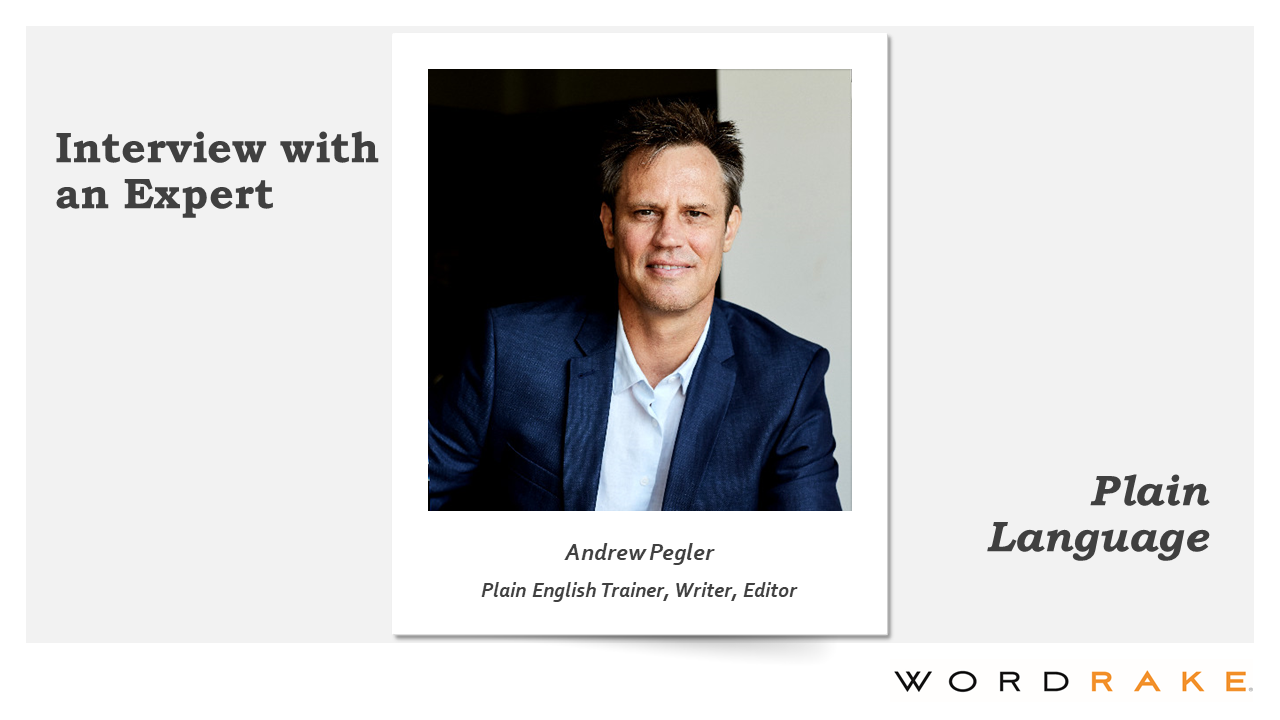Even the most lauded legal writers struggle in some way. Too wordy. Too granular. Can’t start. Can’t stop. Wedded to the language of caselaw. But these struggles make sense when we think about the importance of the outcomes of our legal writing. The heavy weight of our work keeps us from doing what our writing should do most: Tell a compelling, human story that makes the reader care. Journalists' words bear a similar weight—a news story can shape the way the world thinks.
The most significant difference between lawyers and journalists is that journalists put the story first, then they allow the story to drive structure and flow. Lawyers rarely apply storytelling to their writing. In this interview, award-winning journalist, blogger, and lawyer Bob Ambrogi shows how we can bring journalistic storytelling into legal writing to draft better documents. (He will also make you laugh!)
Continue reading
